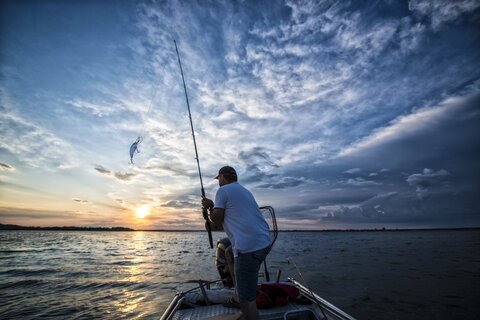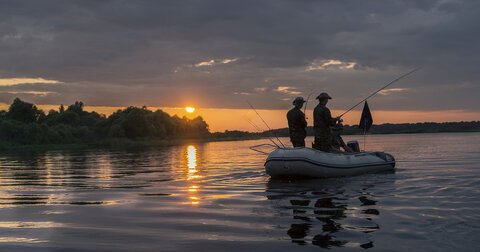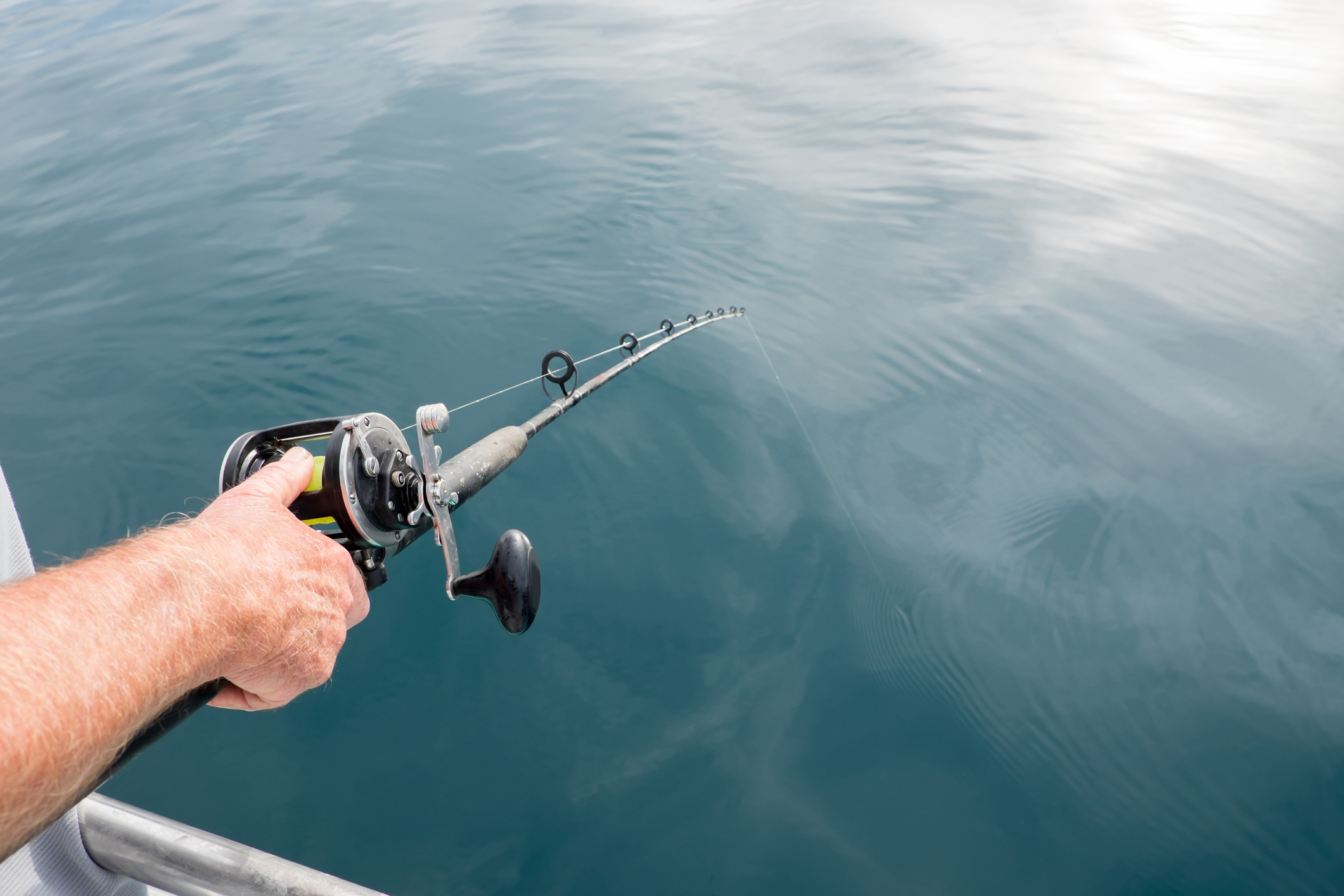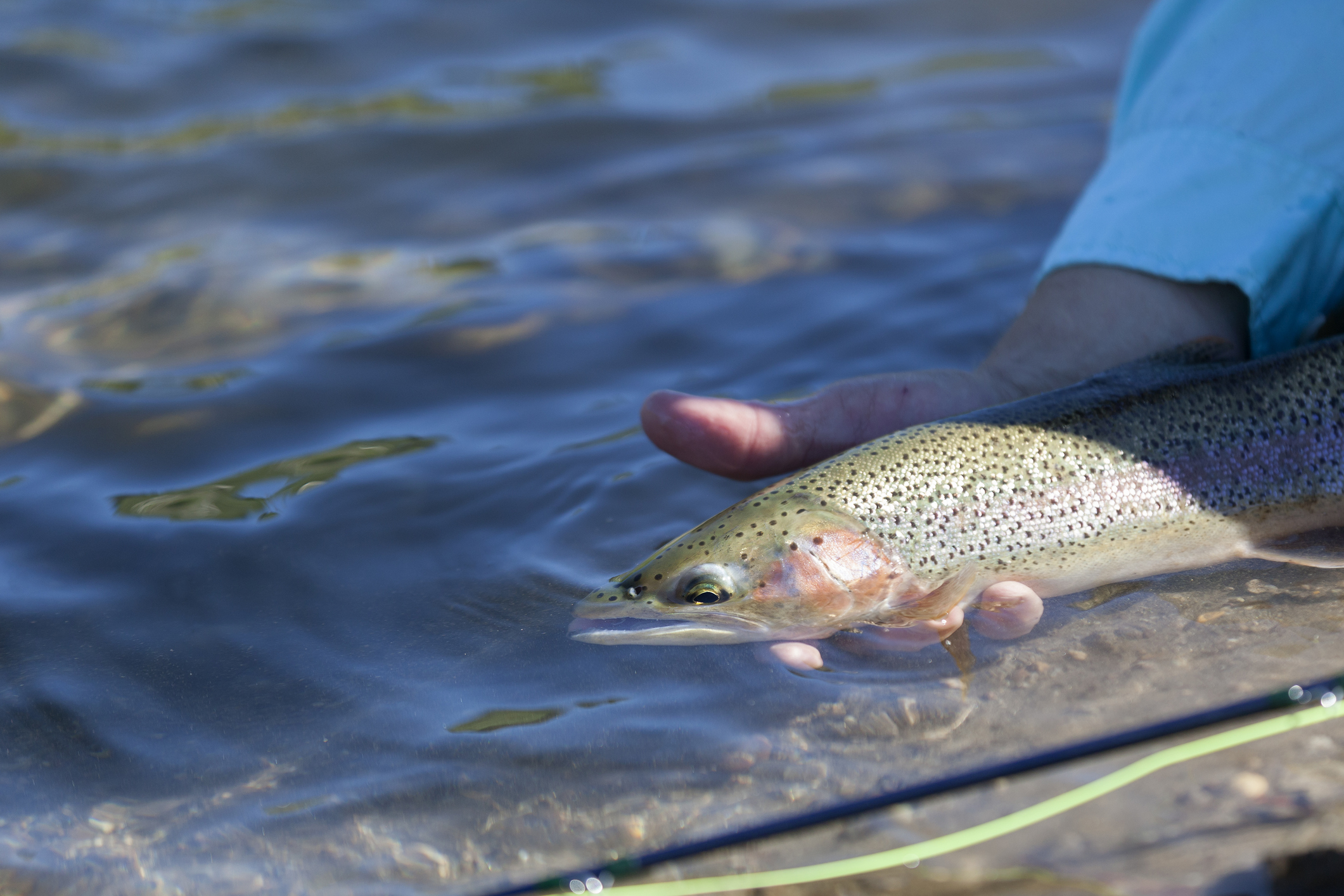You might be asking, "Can you go fishing at night?" The answer is yes - and it may become one of your most rewarding fishing experiences! Both freshwater and saltwater fish often feed best after sunset, making fishing in the dark an excellent time for non-stop action.
Why Try Night Fishing?
Night fishing gives you opportunities that daytime angling can't match. Many fish feed more actively after sunset, especially during warmer months. The quiet atmosphere and cooler temperatures create an ideal fishing environment. Plus, you'll often have popular spots all to yourself.
5 Essential Night Fishing Tips for Success
Here are the basics of what you need to know:
1. Choose the Right Bait
For fishing in the dark, live bait usually works better than artificial lures. Fish depend more on scent and vibration than sight during nighttime hours. They use their lateral lines to detect movement and vibrations in the water. Still, if you want to use lures, dark colors like black or purple create the best silhouettes.
2. Work the Water Column
Most fish move closer to the surface at night because that's where natural light filters through. Start with your bait near the top and adjust based on the action. Surface lures with rattles work great - the noise helps fish locate your bait in the darkness. (The vibration and sound become crucial when fishing in the dark.)
3. Find the Best Night Fishing Spots
Success in night fishing comes down to picking the right location. Here are some prime sites to look for:
- Areas with artificial lighting from bridges or docks
- Spots where light meets darkness - predators love these edges
- Protected areas with minimal boat traffic
- Places with good moonlight exposure
- Areas you know well from daytime fishing
4. Anchoring vs. Drifting
Oftentimes, for night fishing spots, anchoring beats drifting or trolling. Once anchored, you can focus entirely on catching fish instead of managing your boat in the dark. Plus, staying in one spot helps you avoid obstacles and other ships. Just make sure your anchor light works properly!
5. Time Your Trip Wisely
Don't pack up if the action slows after sunset. Most fish species take a short break during the switch from day to night. The best action typically starts an hour or two after dark. And full moon nights often produce the best results, as fish use this natural light to feed more actively.
Must-Have Night Fishing Gear
You probably already have most of the gear you need for fishing in the dark. However, ensuring your running and anchor lights work correctly and always having a flashlight close is imperative!
Additionally, be prepared for the chilly temperatures that can creep in once the sun goes down! Beyond that, here are some extra items you'll find beneficial when night fishing:
Lighting Equipment
- Underwater fish-attracting lights (green LED lights work best)
- Headlamps for hands-free operation
- Emergency strobes or glow sticks
- Backup flashlights and batteries
Fishing Equipment
- Sensitive rods and reels to feel bites
- Cast or dip nets for catching live bait
- Dark-colored lures with rattles
- Basic safety gear
- Extra line and hooks for night rigging
Gear for Collecting Live Bait
You'll want to set up lights to attract baitfish, then use cast nets to catch them. This gives you fresh bait that matches what fish naturally feed on in your area. Many successful night anglers swear by this method!
Frequently Asked Questions About Fishing in the Dark
Night fishing can be an exciting change of pace and, in many cases, can lead to a far better catch than fishing in broad daylight. Here are the top questions we hear from anglers before they head out:
What do I need to bring night fishing?
- Working navigation lights
- Multiple light sources
- Proper fishing gear and bait
- Warm clothing layers
- Safety equipment
- First aid kit
- Communication device
- Snacks and water
What safety steps should I take?
- Go fishing with a buddy
- Tell someone your plans
- Wear life jackets
- Bring multiple light sources
- Look up weather conditions
- Know the location in daylight
- Keep navigation lights working
- Have emergency contacts handy
When is the best time for night fishing?
- During full moons
- Warm summer nights
- Around tide changes
- During peak feeding times
- Late spring through early fall
Is night fishing dangerous?
Not with proper preparation! However, it requires more safety attention than daytime fishing. So, stay alert and bring the right gear.
What fish bite most at night?
- Catfish
- Bass
- Walleye
- Striped Bass
- Crappie
- Many saltwater species (like Snook)
How do I get my boat set for different night fishing spots?
- Test all navigation lights
- Check battery power
- Remove trip hazards
- Install good lighting
- Pack safety equipment
- Set up anchor and rode
- Clear your deck of obstacles
Master Fishing in the Dark: Final Tips and Takeaways
So, can you go fishing at night? The answer is a resounding yes! Like other predators, fish use the cover of darkness to hunt more actively. This makes night fishing an excellent time to catch species that might be shy during daylight hours.
Of course, always remember to focus on safety first and check your local rules about fishing in the dark. But with the right approach, after-hours angling can give you some of your biggest catches!



